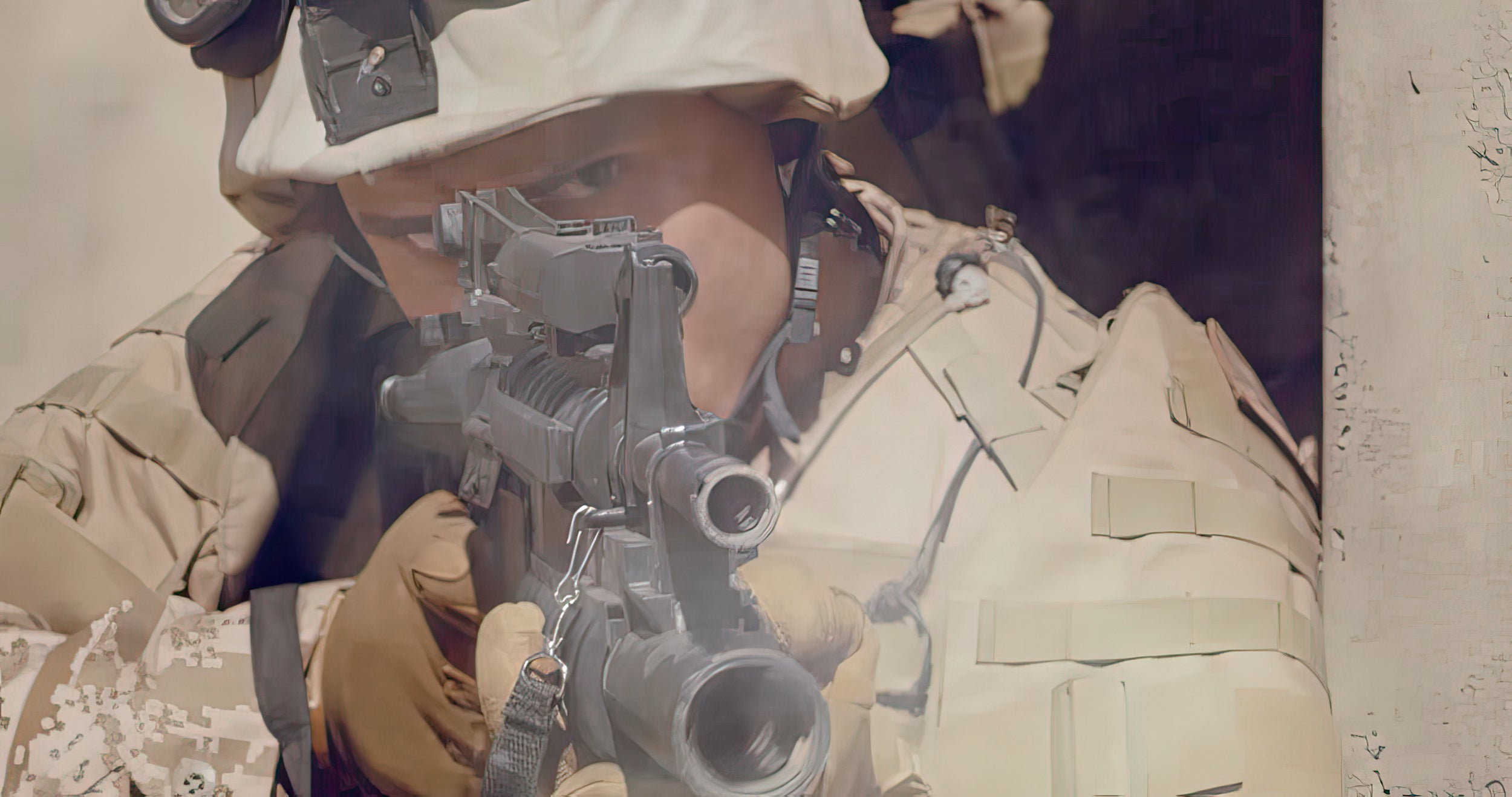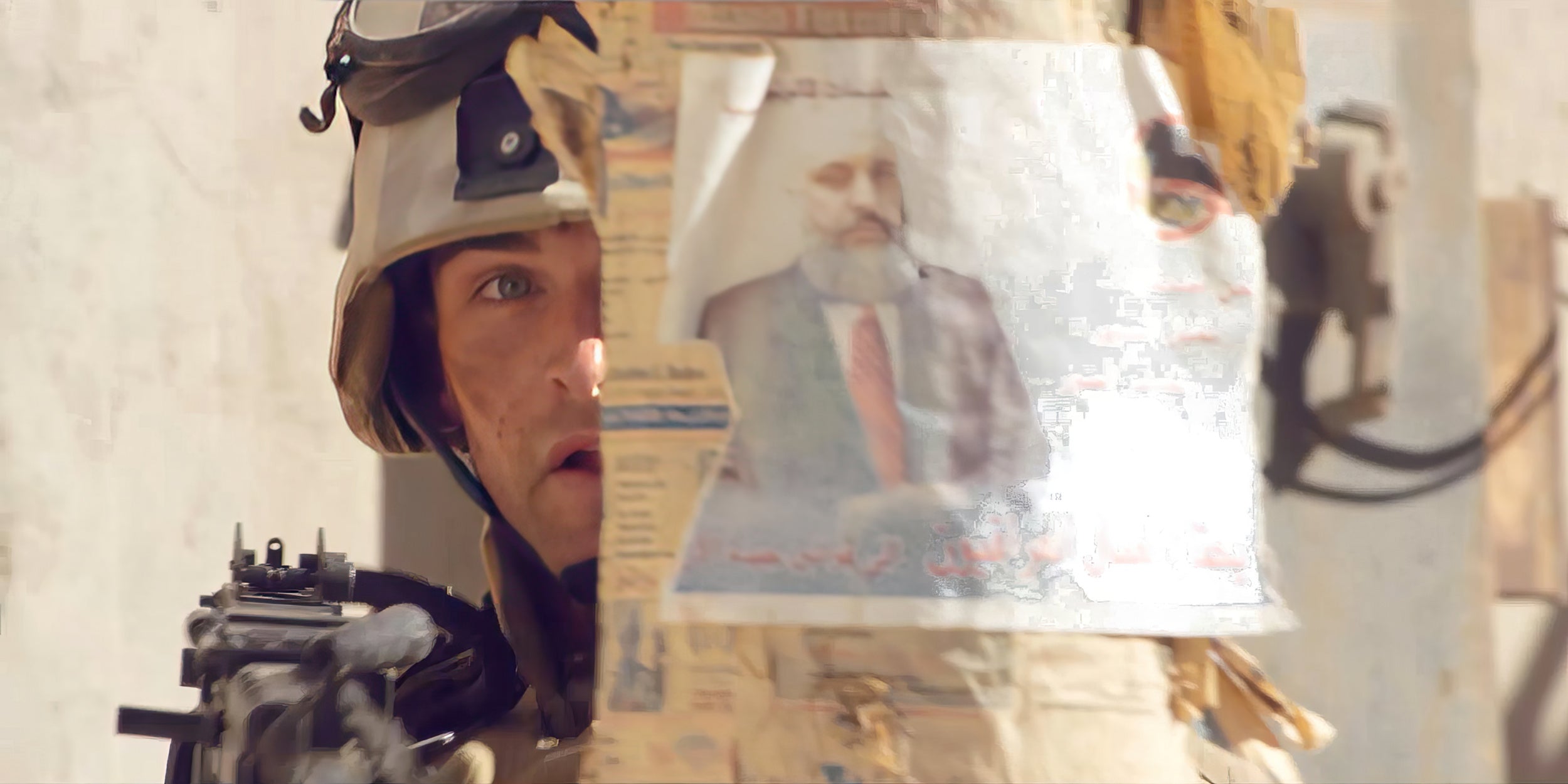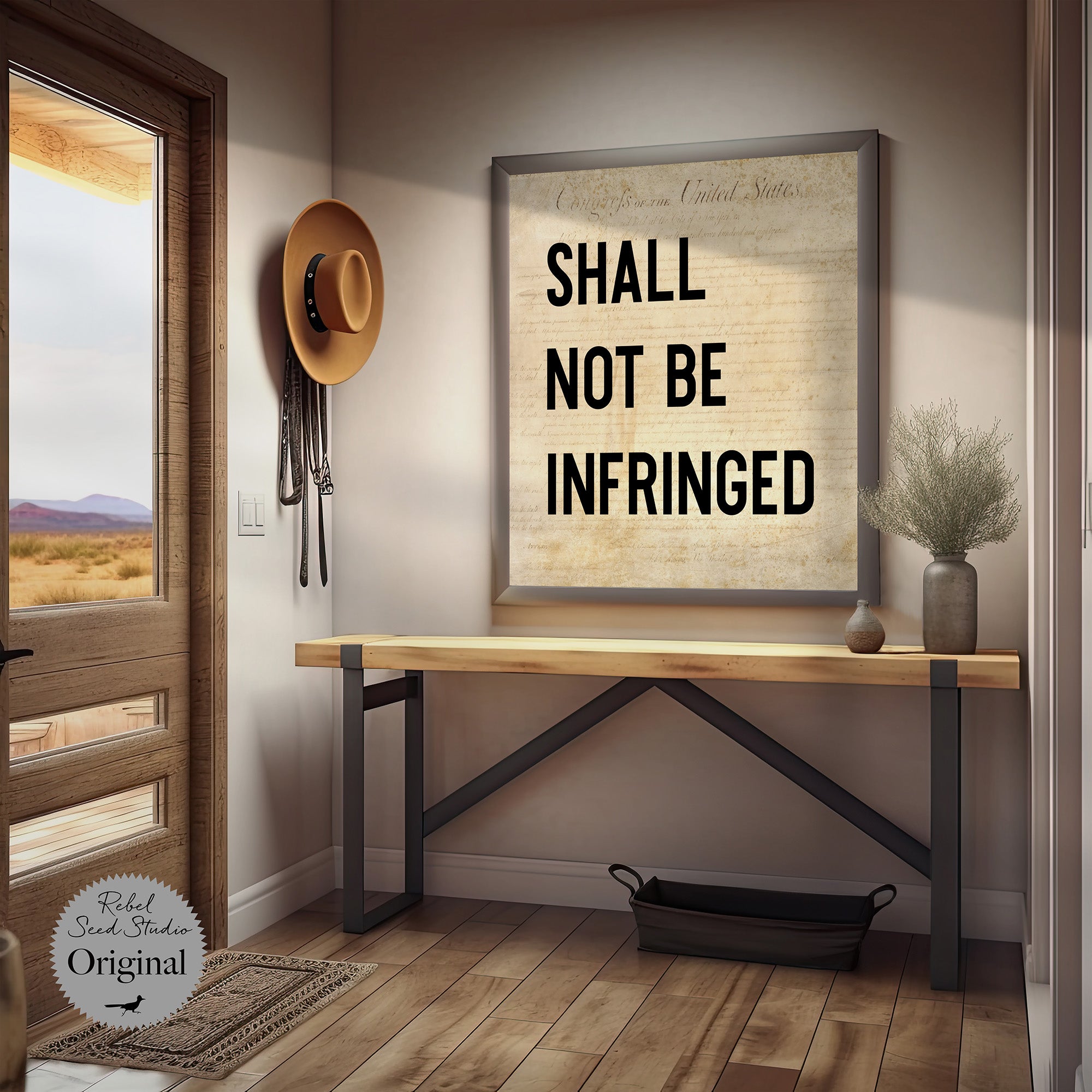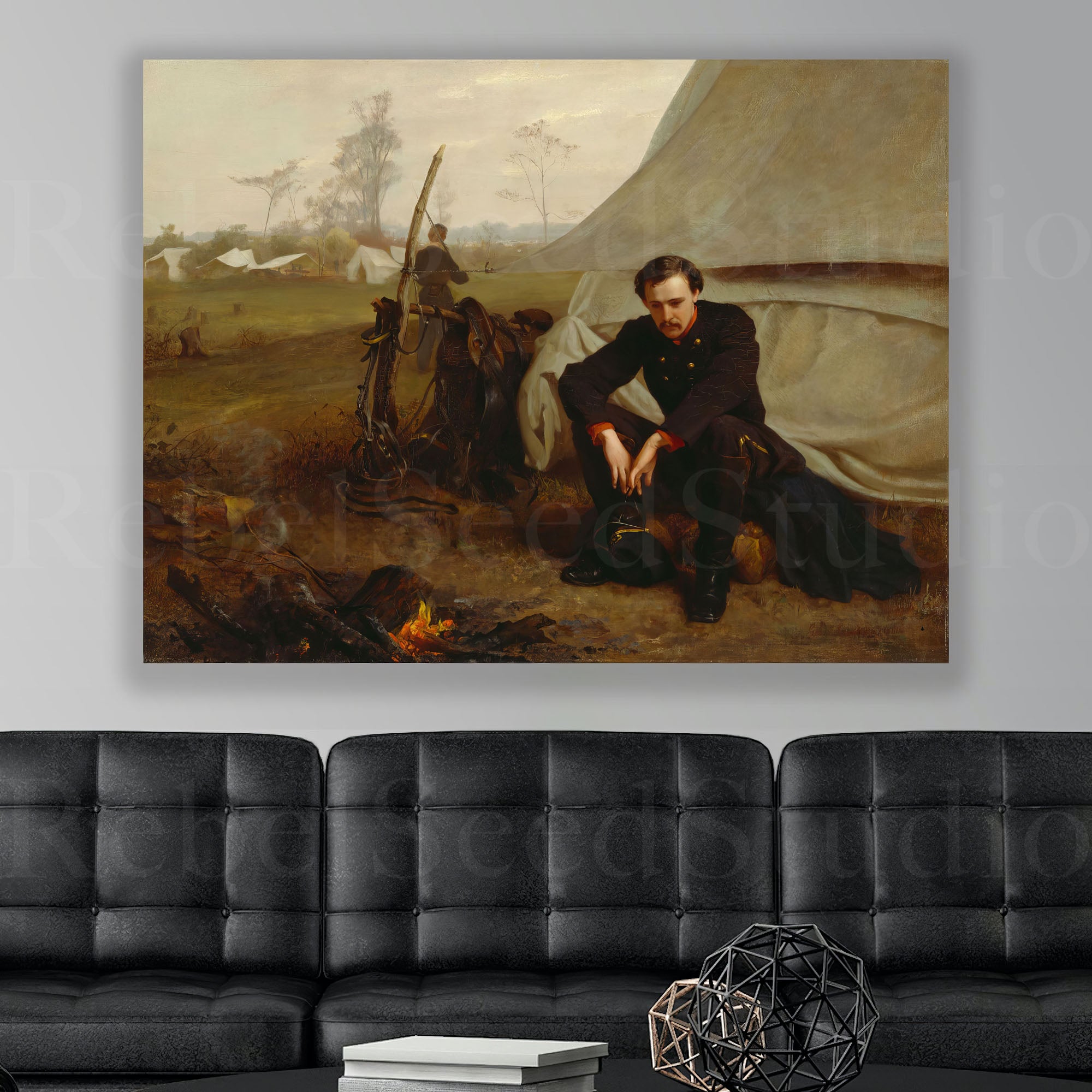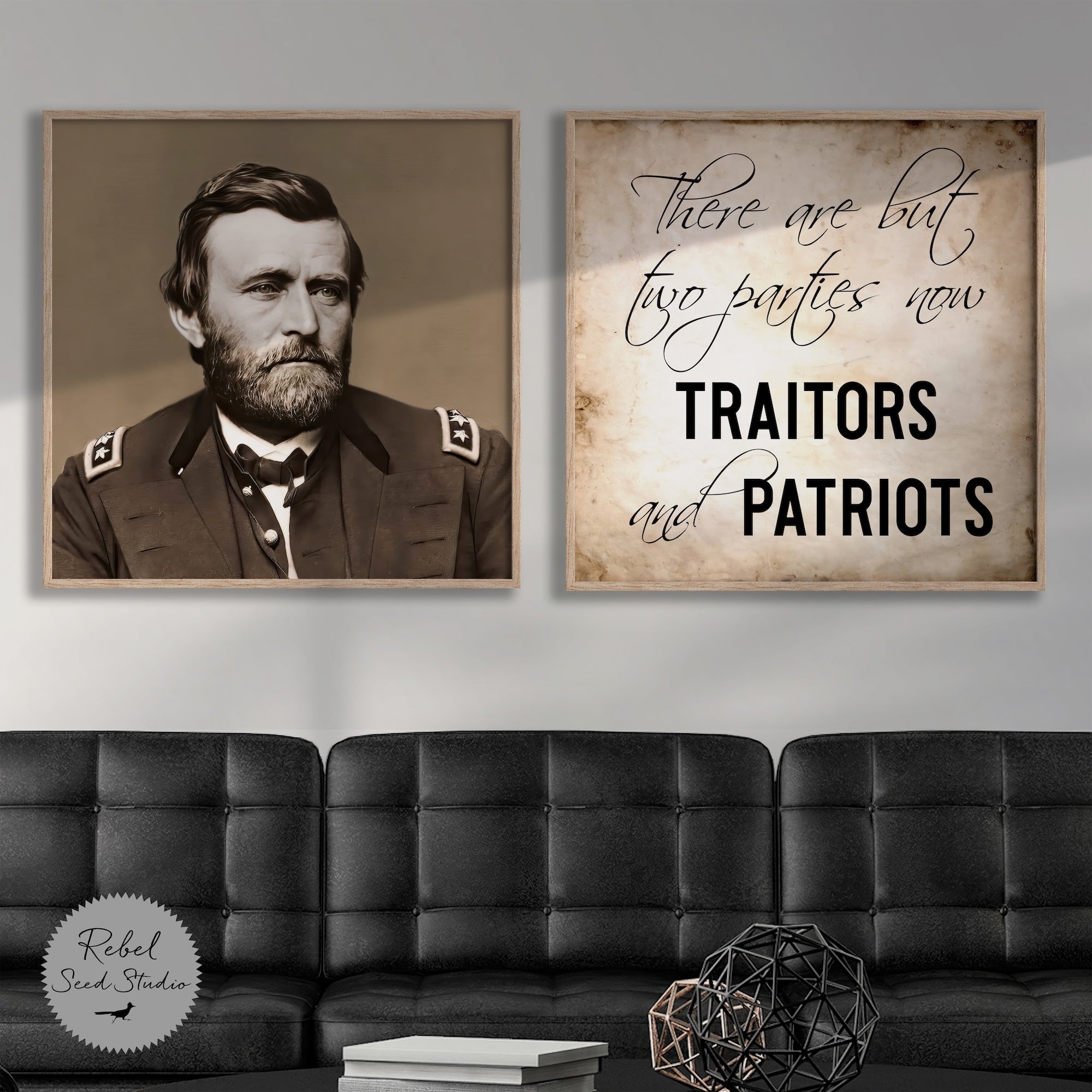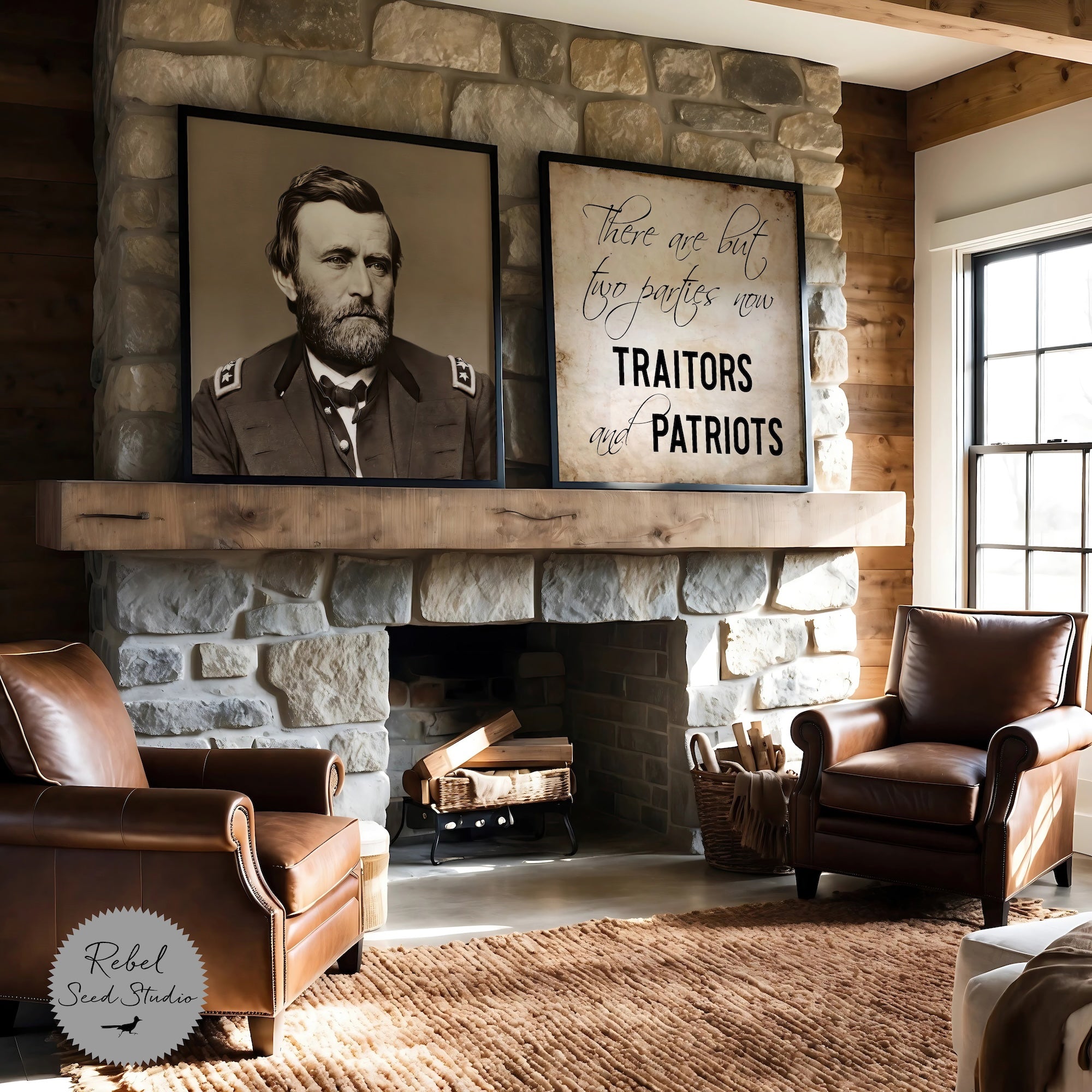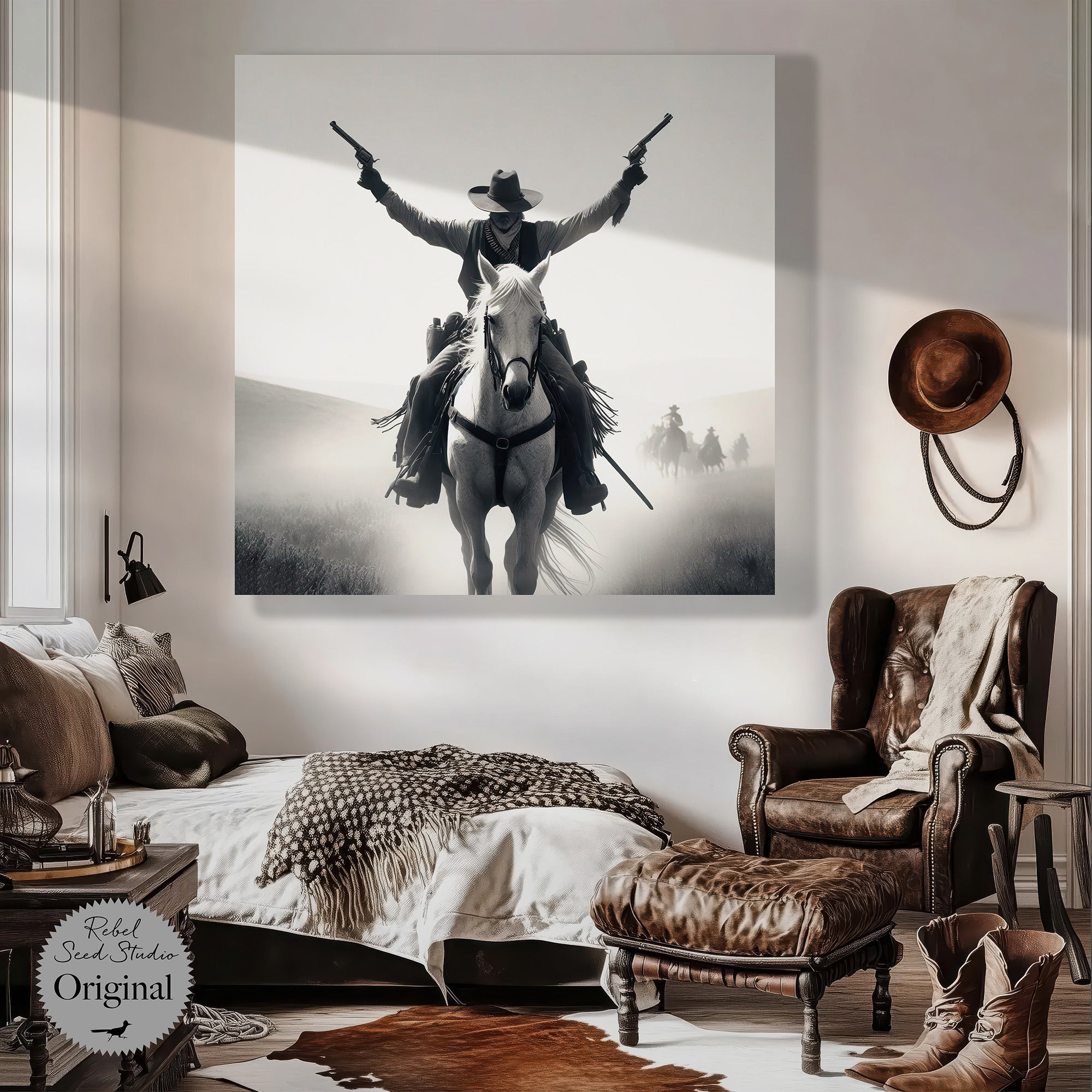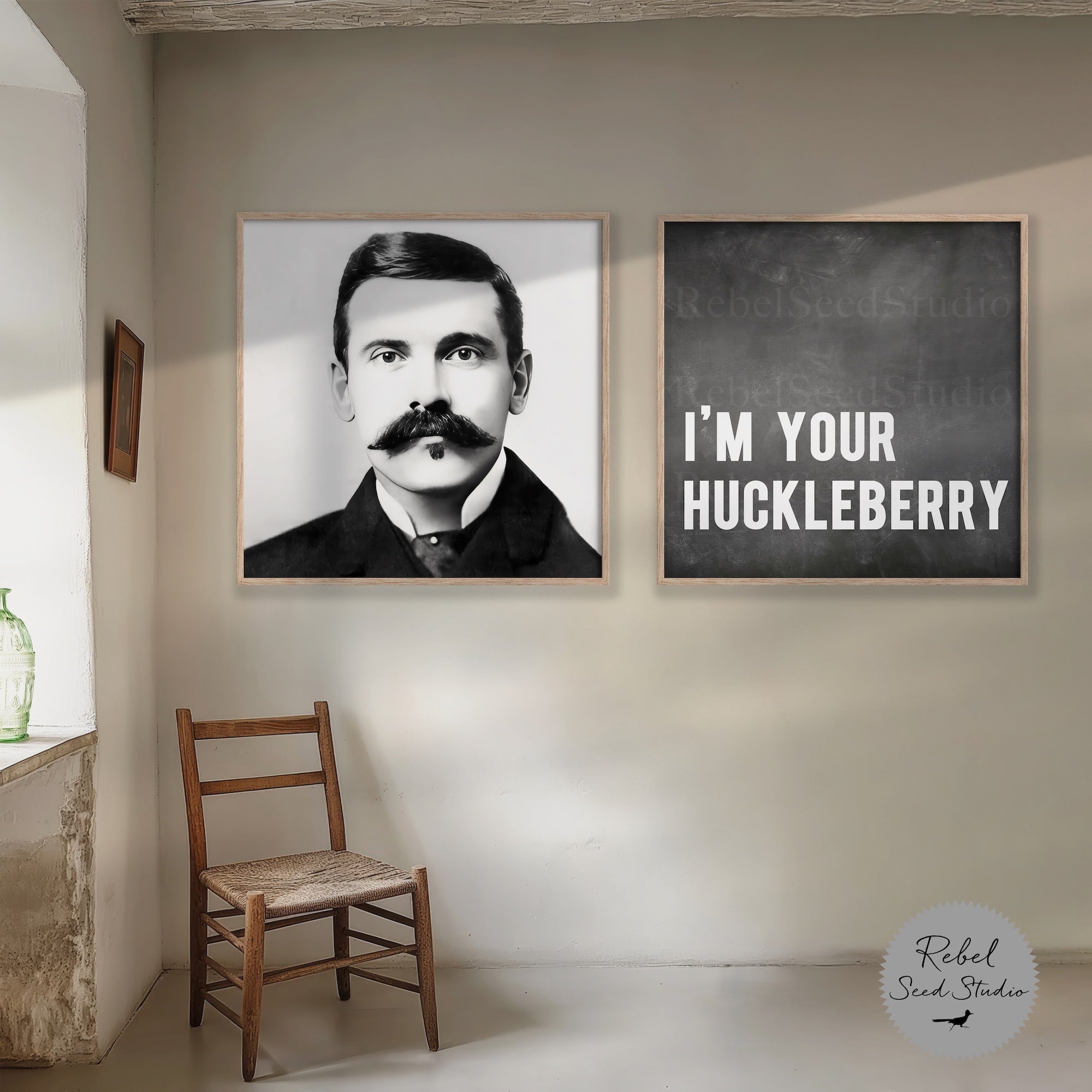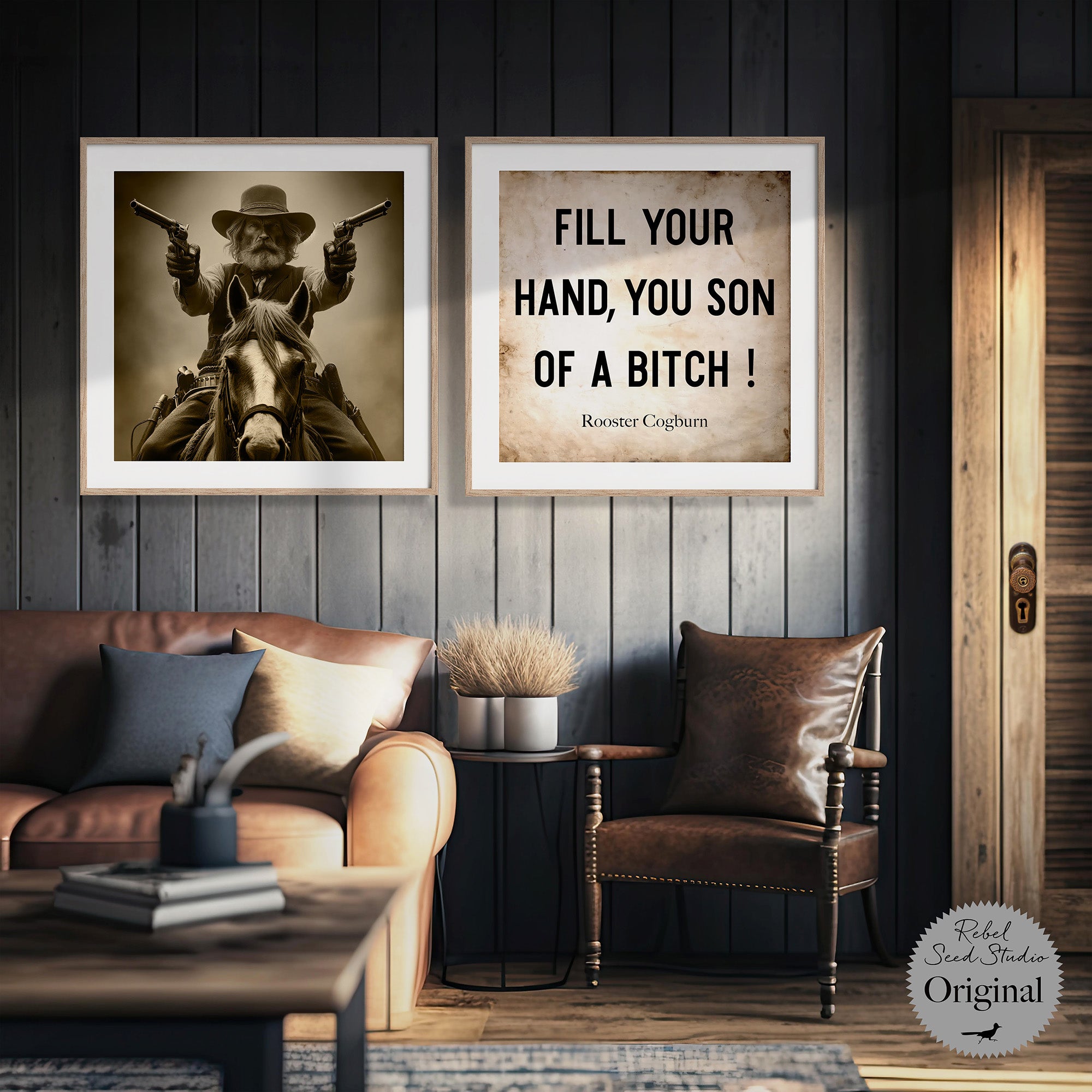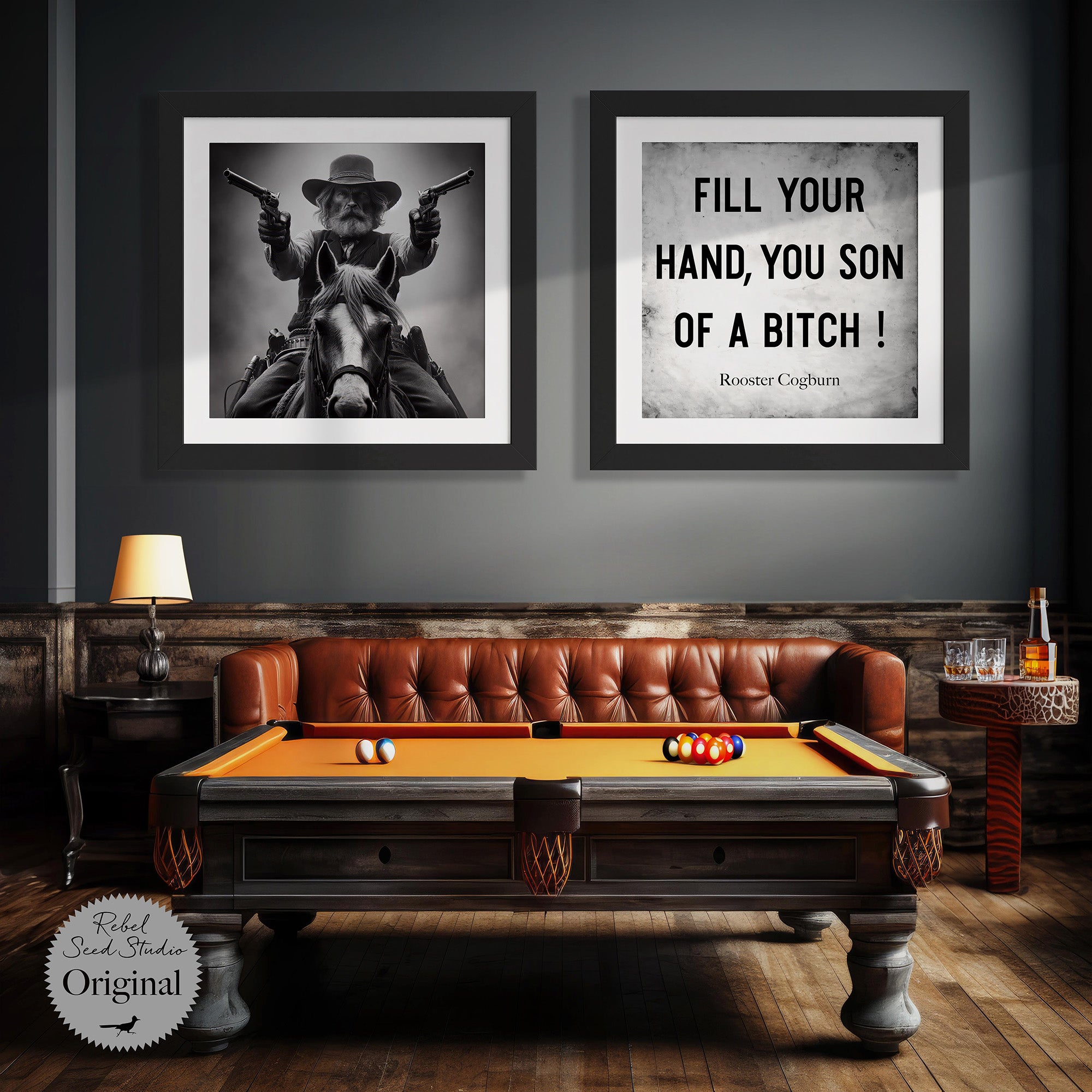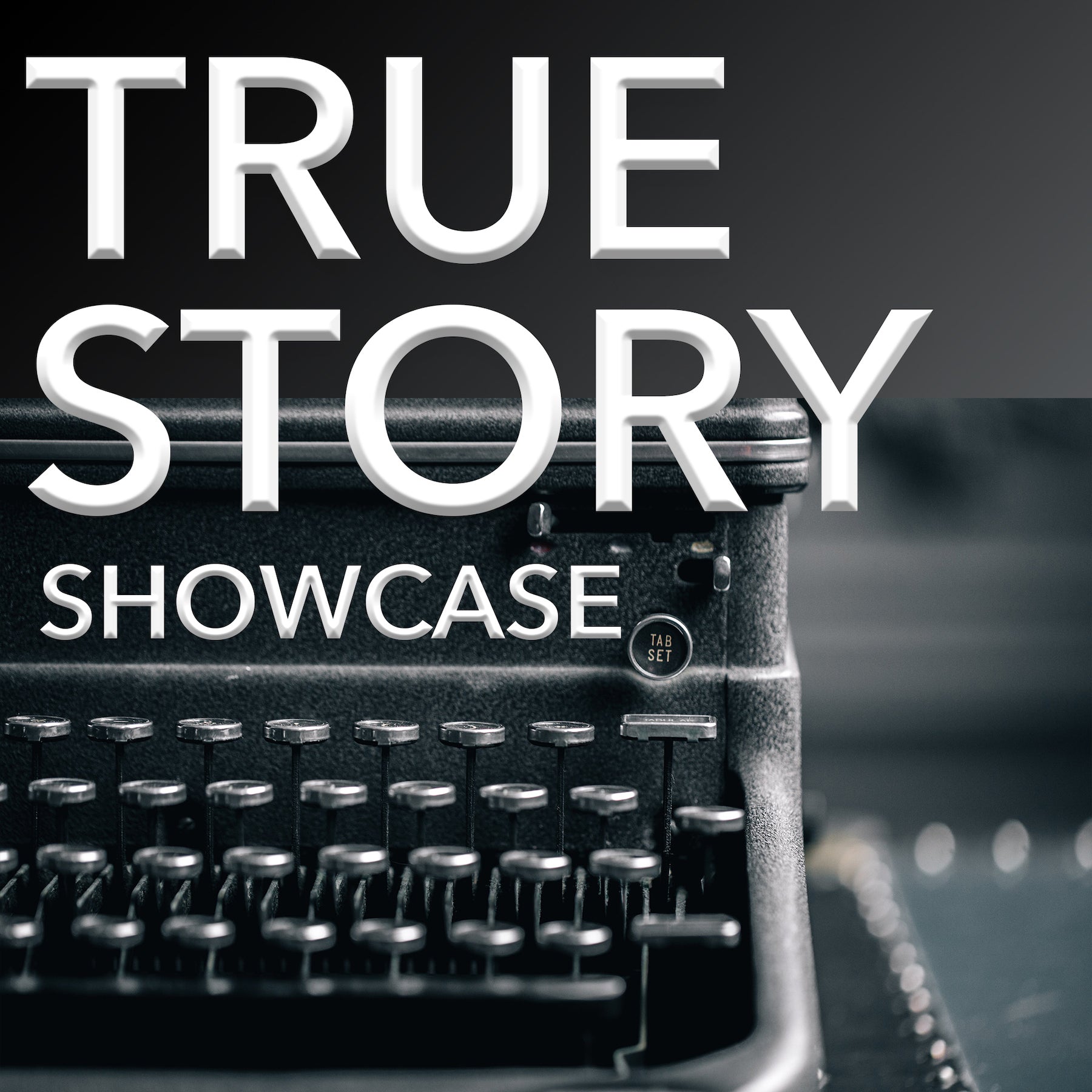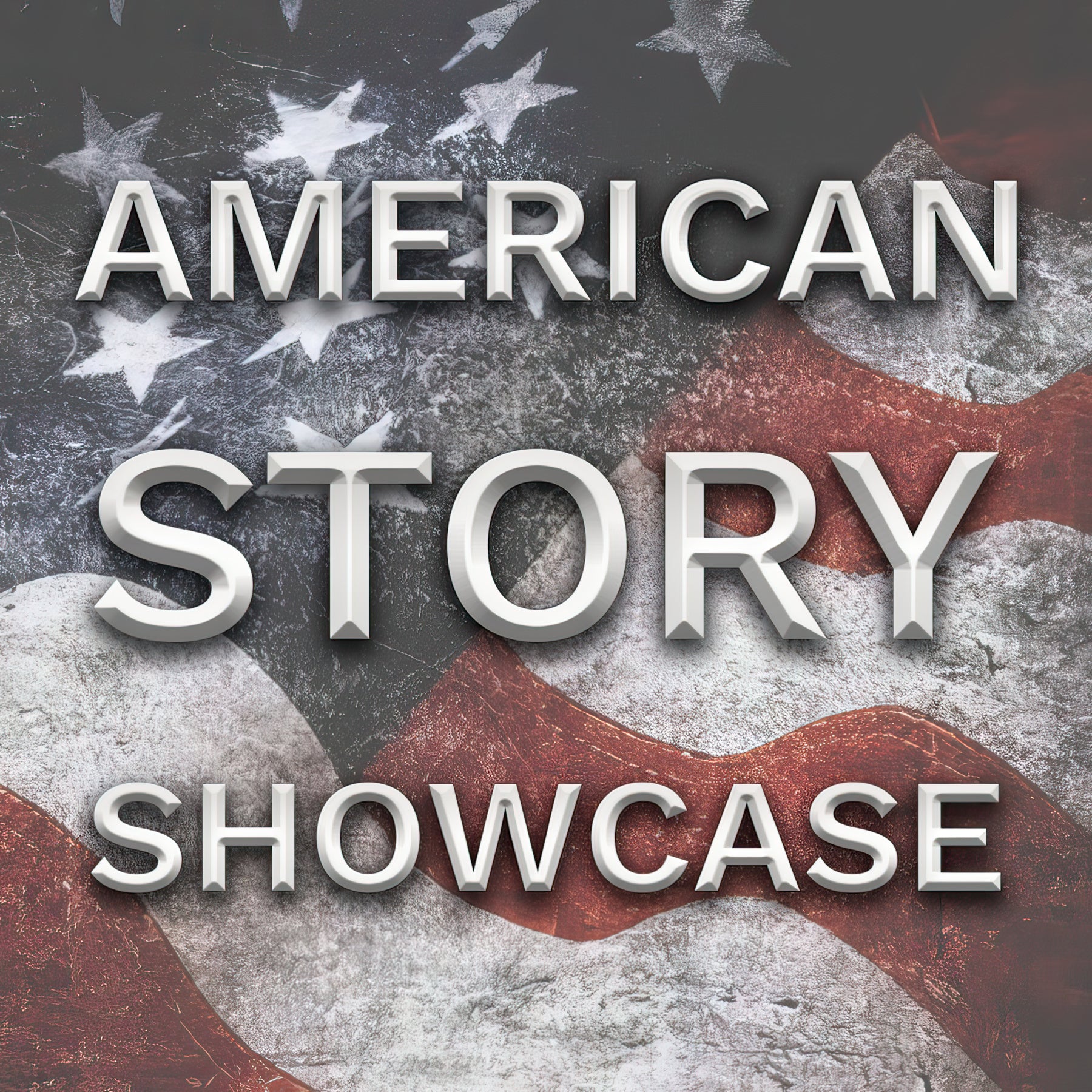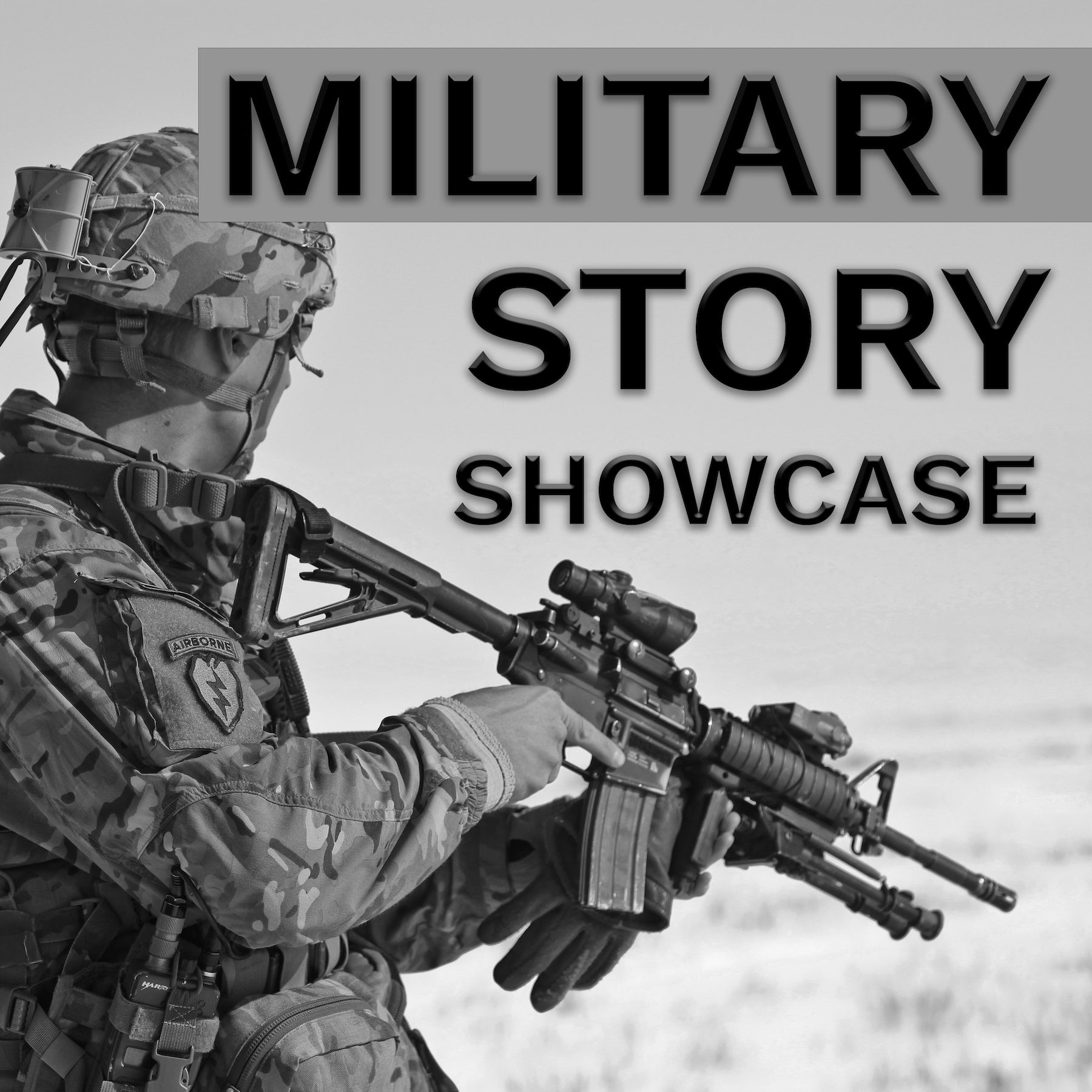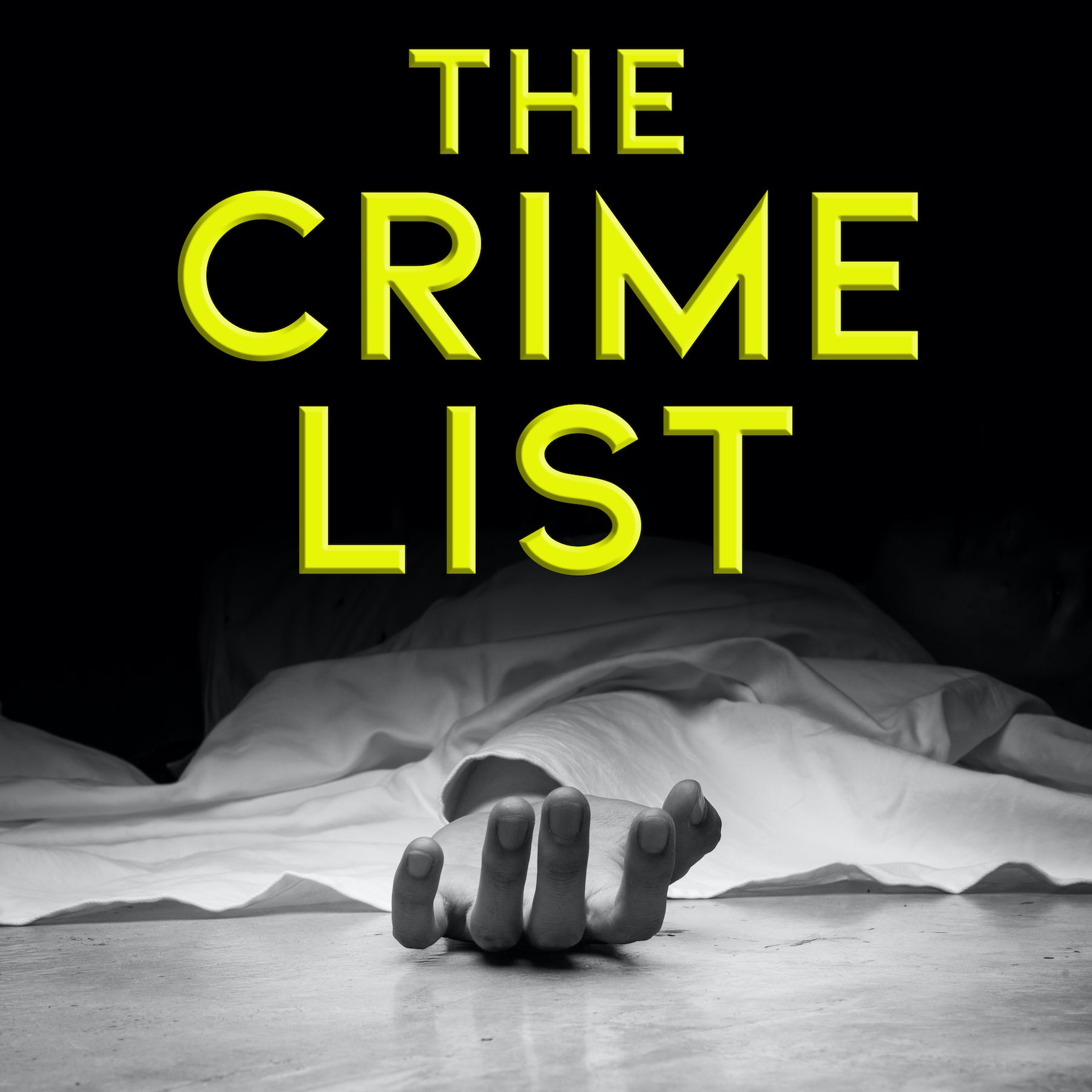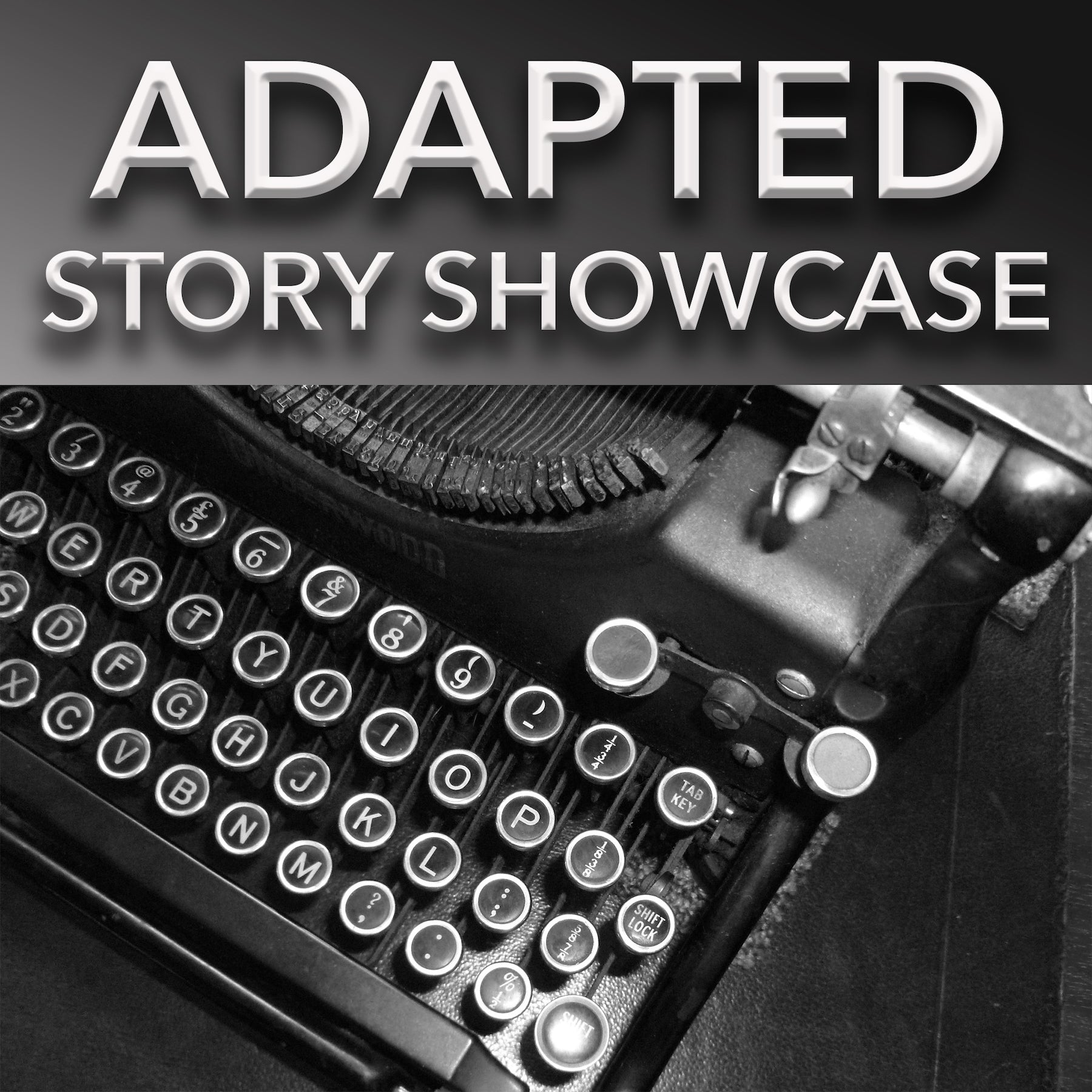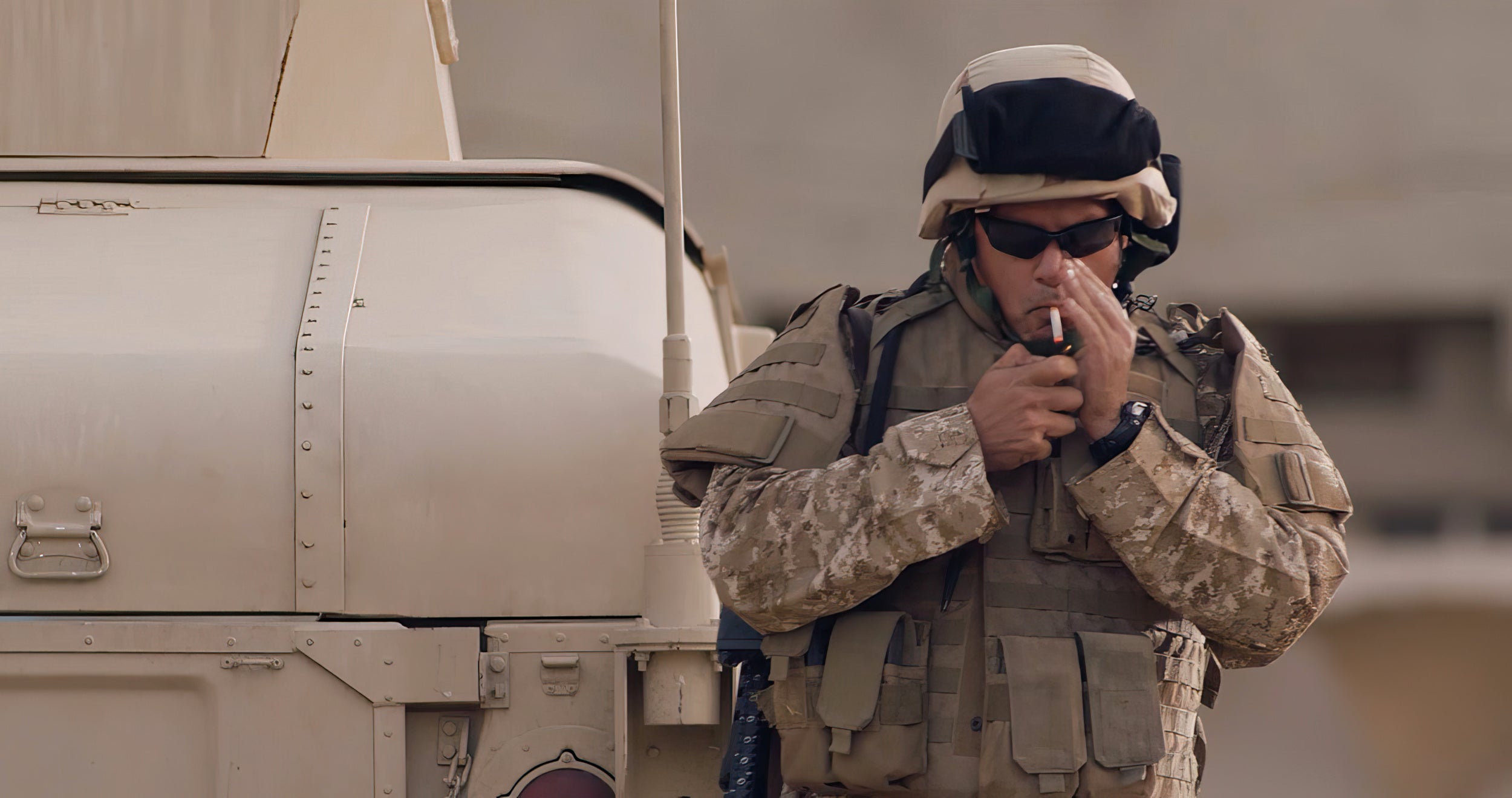
Q&A with Devil Dogs Actor John J. Pistone
In this Q&A we talk with U.S. Navy Veteran, Actor & Military Consultant John J. Pistone who portrays U.S. Marine Sergeant O'Brien in the short action/war film Devil Dogs.
Q: What attracted you to the project?
I was researching films that I want to be involved in. If you want to do this for a living, you have to be pro-active with your career. I came across DEVIL DOGS which was in development. I visited the website. It was something I felt passionate about. I wanted to help in any way I could because this is something that I had done in my own life as a veteran and combat cameraman. I’ve been in Iraq. I know what it’s like. I was fortunate that the filmmakers responded to my email. It was a one-in-a-million chance. Early on I came in as a military advisor for the shoot, and that eventually developed into a role.
Exposing people to what happens in combat is a fine line. There are things that go on that the public doesn’t necessarily need to see for various reasons – one is because we live in a society where they don’t have to experience it. At the same time, if you don’t tell these stories and people don’t understand what it’s like mentally and don’t understand what our servicemen who are in combat on a daily basis experience or don’t know about those who have made the ultimate sacrifice – then we tend to separate it and say “That’s something that never happens to us.” By telling these stories and showing the effects of combat it can give the general public a look behind the veil, and they can become more aware of what their family, friends, fellow members of society are going through when they return home.
Q: Are there any similarities between you and the character you played?
O’Brien is older than the other Marines. When I joined the military I was in my 30s, so I was much older than the guys I went to boot camp with. When you’re older you come with more life experiences to draw from and I think O’Brien is that kind of character. It was easy for me to relate to O’Brien.
Q: What do you think you brought to your character?
Hopefully, I brought a sense of realism to O’Brien that transcends the page because of my military experience. I know the way military men walk and talk is different [than non-military]. If you’ve never spent any time in the military you can take a script and try to prepare as much as possible, but when you’ve actually lived it you bring the real deal. It’s like being a professional football player – as a layman I can look at a professional football player and think I could do everything they do but I don’t really know what they know about what goes on within a professional football huddle or inside a locker room or how they relate to one another.
It all comes down to the script. You’re really only as good as the material you have to work with. If you have a good script and you can follow that, and you’ve done any kind of training as an actor, hopefully, you’ll do justice to what’s written.
Q: How did you prepare for your role?
I wasn’t initially cast as O’Brien. The first day I came on set, the actor who was hired to play “O’Brien” was fired and I stepped into the role at, literally, the last minute. Thankfully, I was ready when called upon. I believe that was due to my military training. It’s a lesson to anyone to always be prepared. Things can change on a dime. Ninety-nine percent of what happens in life is just showing up and being ready. I had studied the script, and I was able to take on the role of O’Brien when asked.
Q: What was the experience on set and working with the other actors?
The set layout and the architecture is exactly like you would find in any town in Iraq. It creates an accurate environment that puts an actor in a certain mood and tone even before you start shooting.
All the actors bonded very quickly with one another. Greg Duke had spent time in the Marine Corps prior to getting into acting and so he and I had that bond. We all formed a tight group and we all stay in contact with one another fairly regularly now. I think a lot of it had to do with the environment we were in, and the roles we were given to play. It’s just like the military. You’re thrown into a situation and you are forced to get along. You have to have a singularity of purpose about what you are there to accomplish. Everybody had that. They were all team players. They were all professionals who came ready to work.
Q: How did you approach your role as a military advisor for the film?
It’s always a fine line when you come from the military into a movie. A critic is always going to find something inaccurate. You have to consider that this is a story and not everything can be a 100% authentic because the filmmakers have to tell a story that keeps an audience engaged, and they have certain considerations and budgets to maintain. When we were in pre-production I showed how the military would do something, and then I’d show a variation that matched the filmmakers vision and was adapted to be more accurate. For this film, there were some things the filmmakers wanted to see that were not technically accurate but were necessary for the story. Even big studio films do this. For example, Black Hawk Down had to forego accuracy in the uniforms because Ridley Scott needed to have the names of the characters written on the helmets so the audience could tell who was who in the story. That would never happen in combat in real life - but it had to happen in that movie.

Extended Podcast Interview & Bio
John J. Pistone is an actor, writer, producer, and sports enthusiast. He’s also a combat veteran, a U.S. Navy combat cameraman/journalist, an expert marksman, and an avid motorcyclist.
John was born and raised in Arkansas and spent most of his time in the town of Dover. He fell in with acting at a very early age, hitting the stage for the first time when he was just five years old. He was the emcee of a tribute to Walt Disney at a school in Clarkesville. If anyone happens to have pictures of the performance, he would greatly appreciate you either sending them to him or burning them as his outfit was horrendous.
In addition to his love for the stage, he also developed a love of sports, playing football, basketball and attempting baseball. He excelled at football and truly thinks he would have been better at baseball had he not had all of his front teeth knocked out while playing catcher when he was six. An avid swimmer, he spent the summers of his formidable youth getting into trouble at the pool in the nearby town of Russelville.
Connect with John: IMDb | Website | Facebook | Twitter | Bloodhounds


